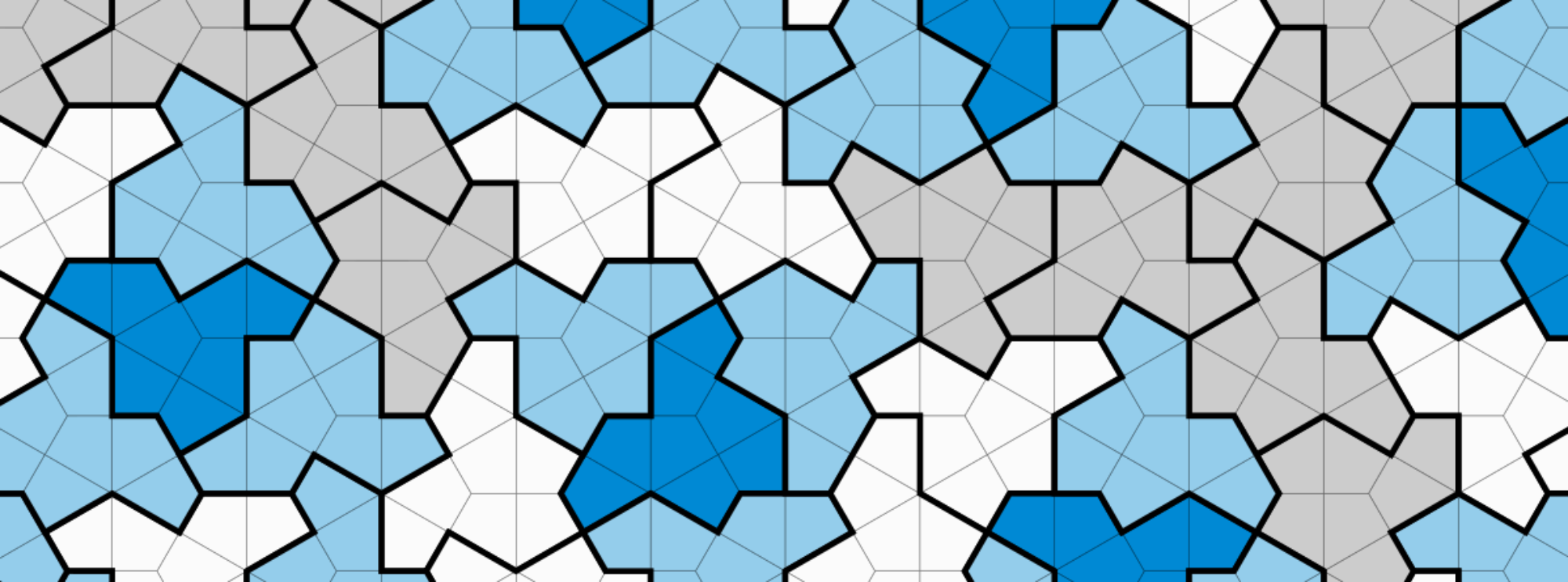Induction is often incorrectly used by beginning students by ‘extending it to infinity’ . For example suppose the problem is the following:
Problem: Prove/Disprove that the product of $\mathbb{N}$ number of countable sets is countable.
Often many students show this kind of reasoning: since the product of two sets is countable, and the product of three sets is countable and if we know that the product of $n$ sets is countable then so is the product of $n+1$ sets, therefore we can conclude by induction that the product $\mathbb{N}$ number of countable sets is countable.
The problem with this kind of reasoning is that it is blatantly wrong.
By the same reasoning one can conclude that $\mathbb{N}$ is finite, after all $1$ is finite, $2$ is finite, $3$ is finite and if $n$ is finite then so is $n+1$.
What induction says is that if $P(0)$ holds and if $P(n)\to P(n+1)$ then $P(n)$ holds for all $n\in\mathbb{N}$, it says nothing about whether $P$ holds for $\mathbb{N}$.
One simply can *not* ‘extend to infinity’ like this, understanding that is the first step towards understanding infinity.

interesting!
The explanation is well organized.
Great blog! Would be great if you could discuss induction in more detail in future blogs including the distinction between ordinary induction and strong induction and the appropriate usage of both in applicable contexts